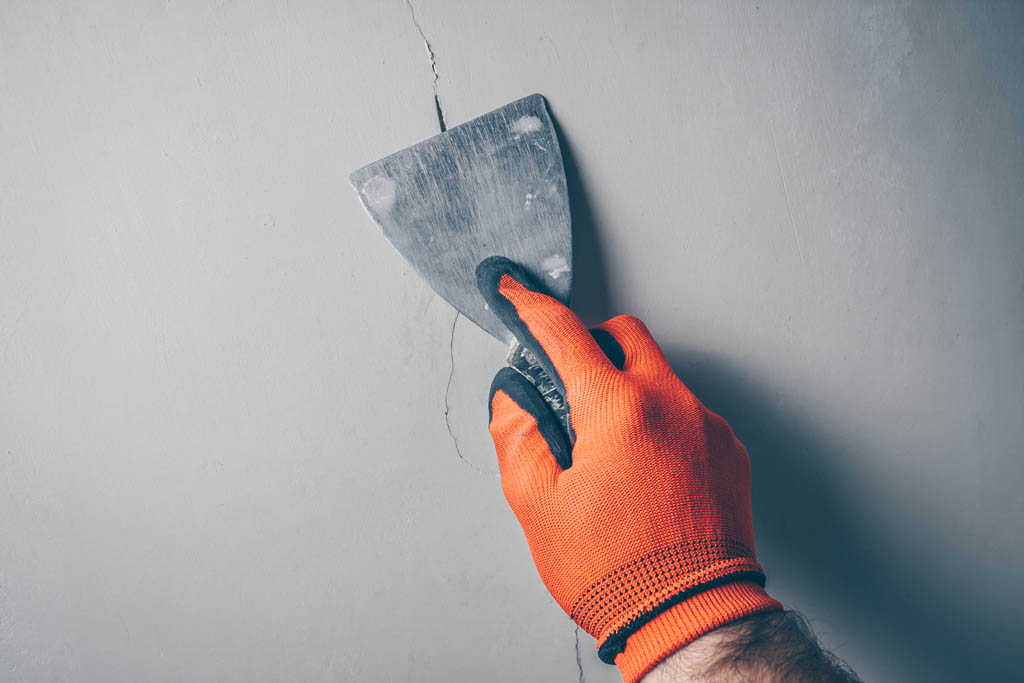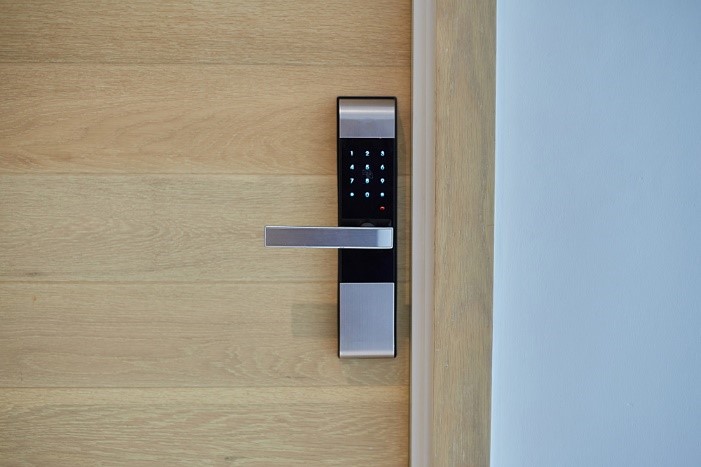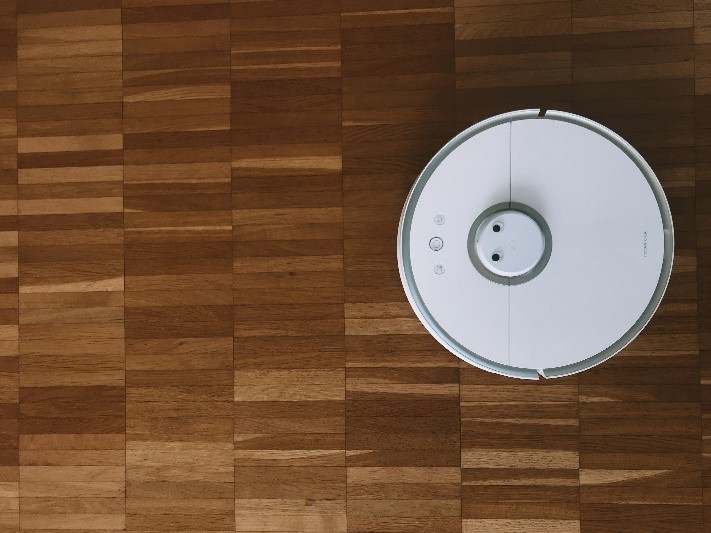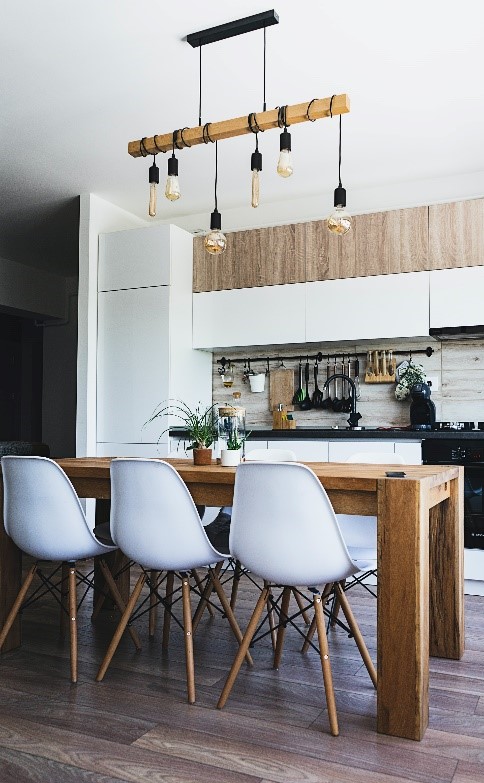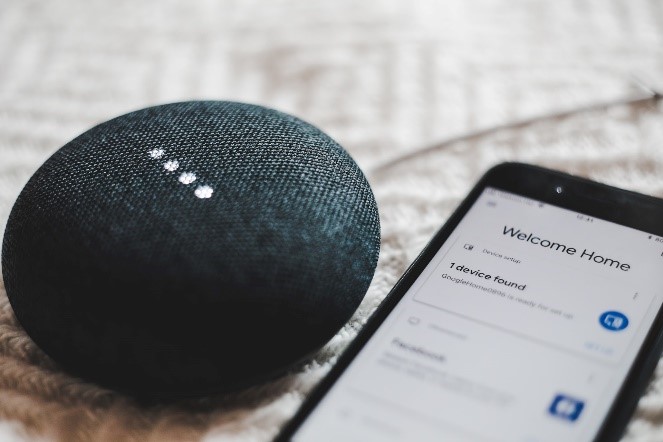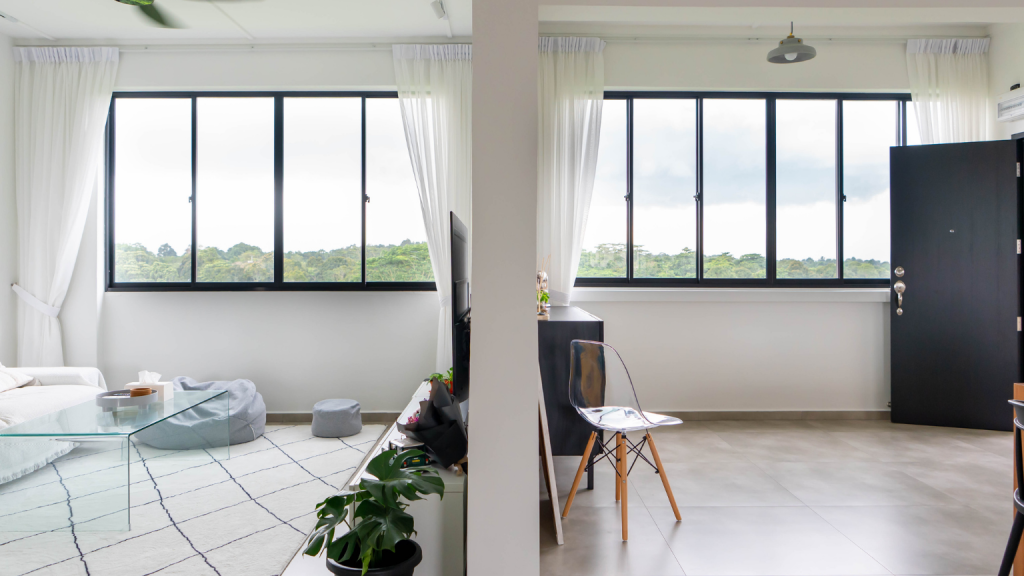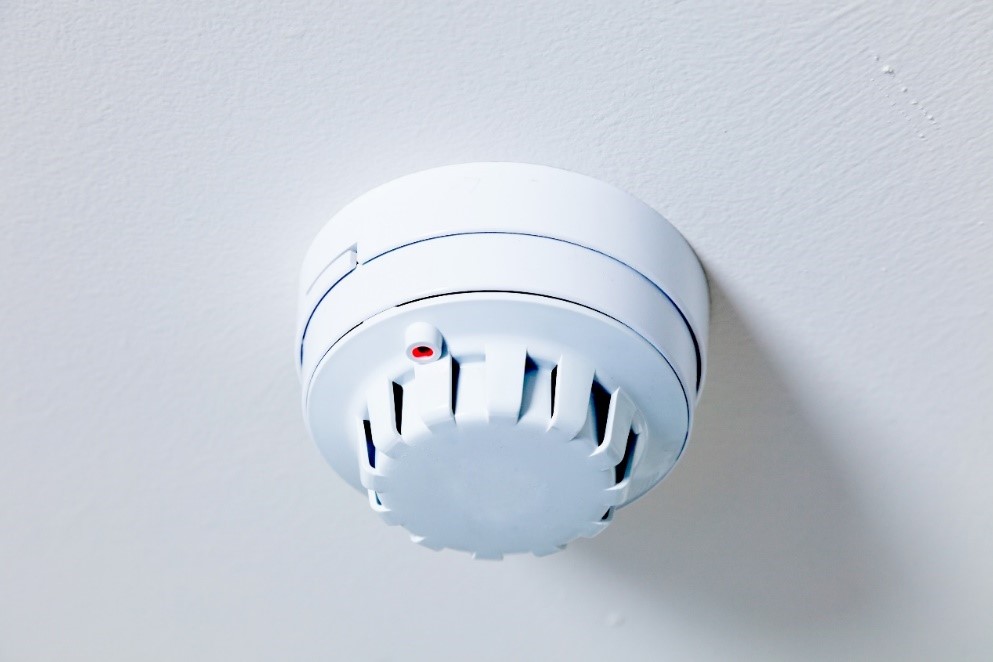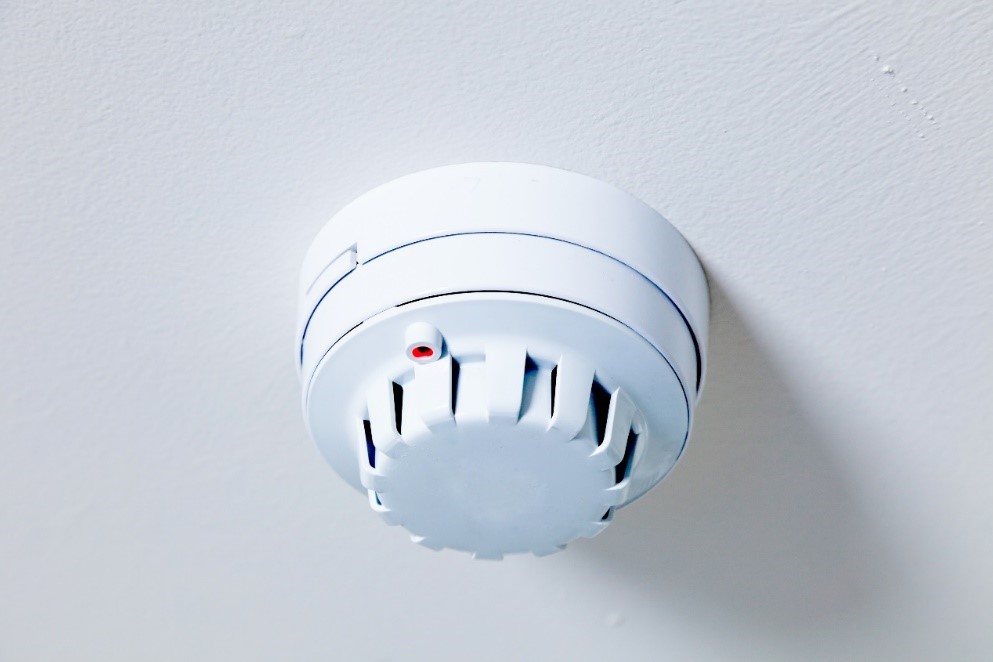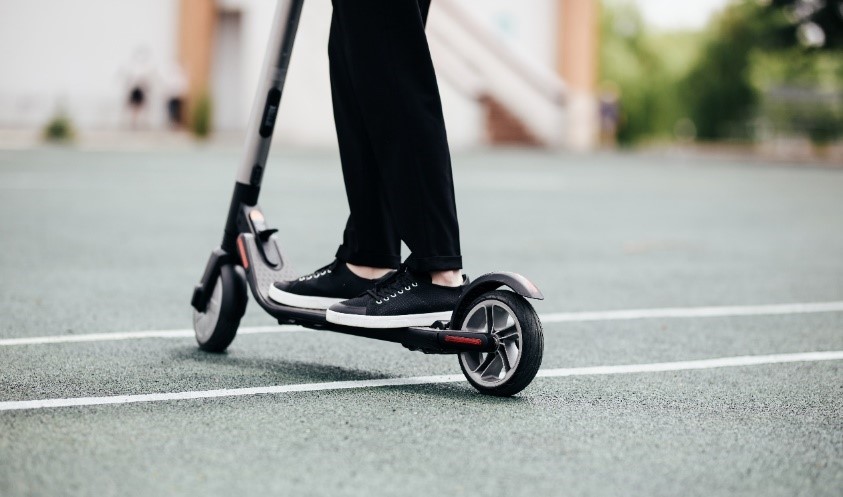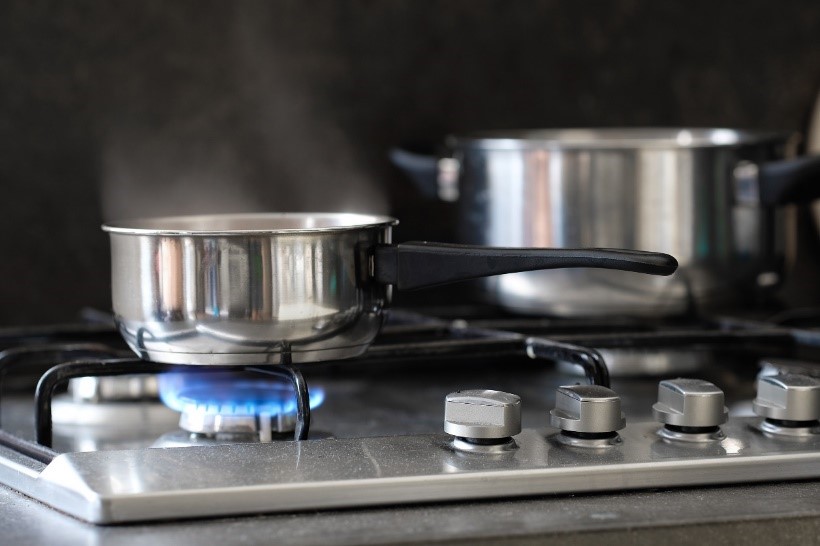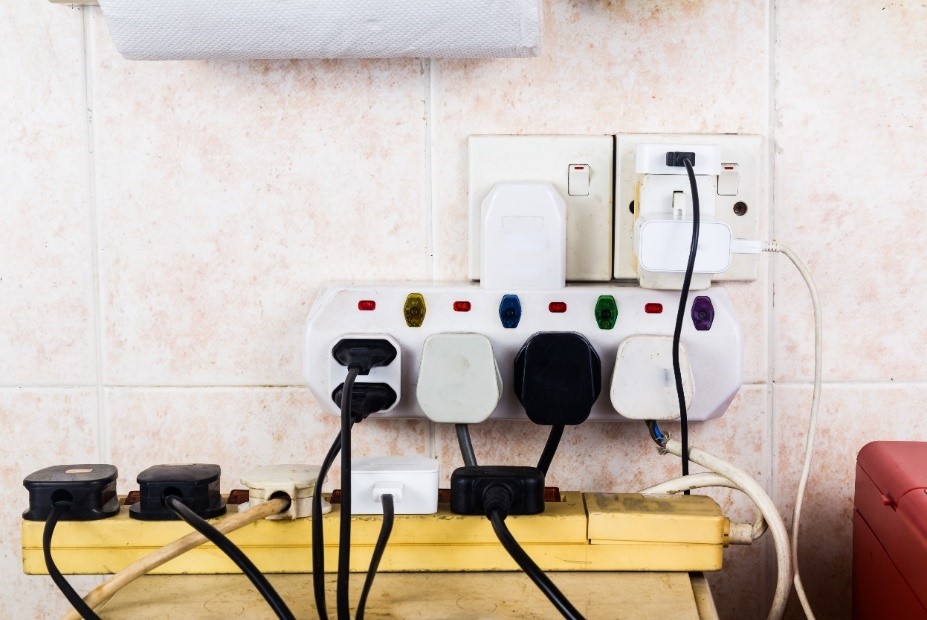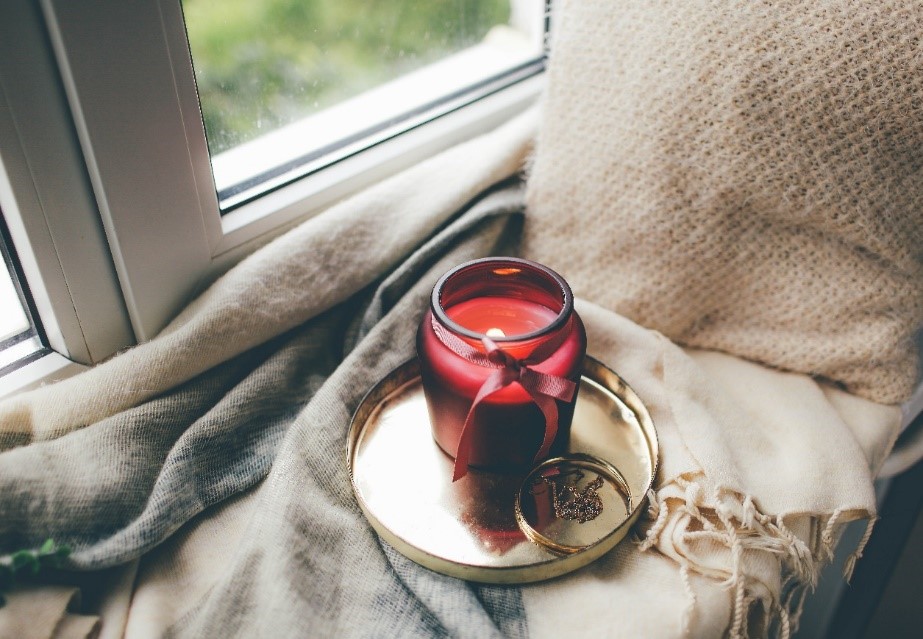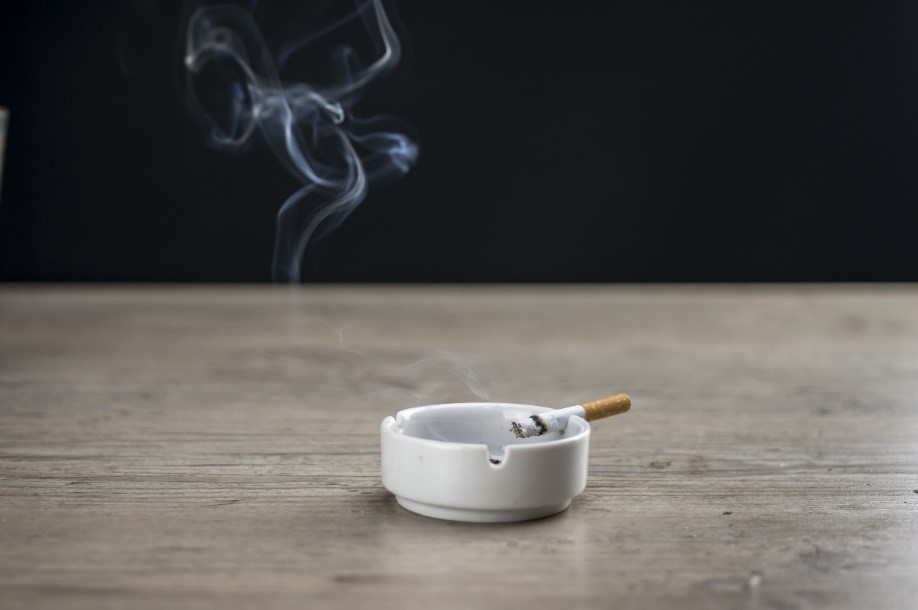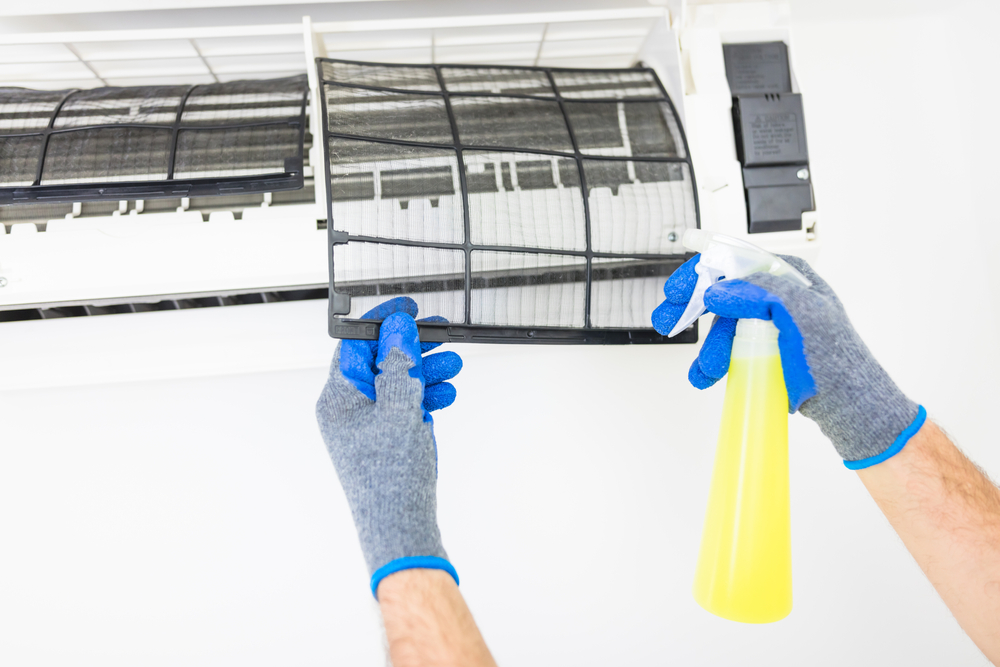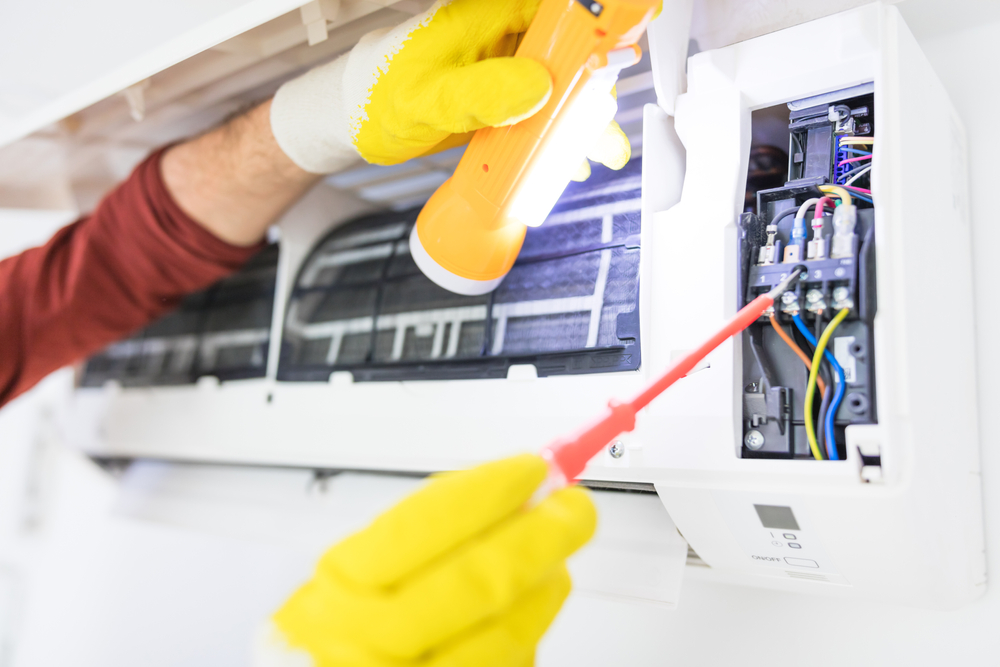A Guide to Maintaining Your HDB Flat
A Guide to Maintaining Your HDB Flat
Wear-and-tear over time can compromise the appearance and safety of even the most well-built and renovated flat – but don’t throw in the towel yet!
Want your home in tip-top condition during the holiday season? Check out our catchy jingle for some quick tips!
As homeowners, it is our responsibility to maintain our flats, including its internal fittings and fixtures. We can keep our homes in good condition with regular checks and maintenance. This can help resolve issues before they deteriorate further and become more difficult and costly to rectify. The best time to start your home maintenance is now, so here are some tips to help you get started!
Windows
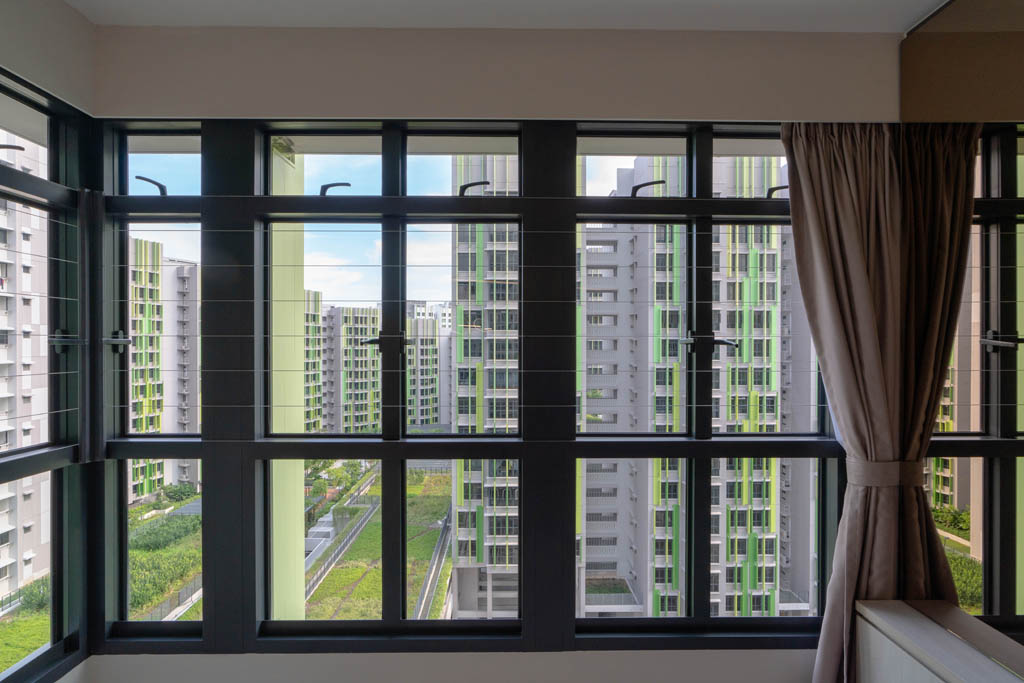
The unsung hero of our home, windows help keep the elements out. They are, however, constantly subjected to harsh conditions such as scorching heat, accumulation of dust and relentless pounding from wind and rain. This can result in damage over time.
How can I maintain my windows?
Homeowners should conduct checks on their windows at least once every 6 months by following the 3Cs – Check, Clean and Change.
For casement windows:
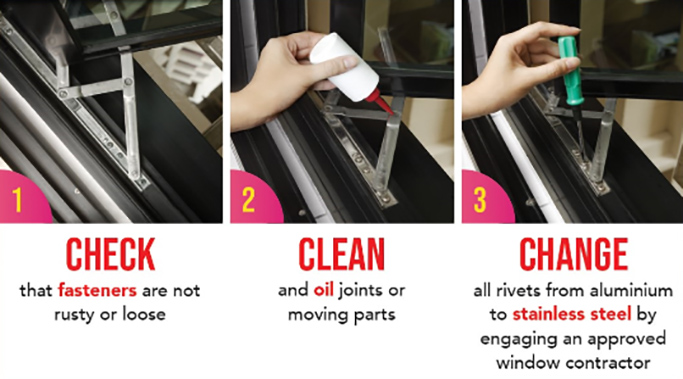
For sliding windows:
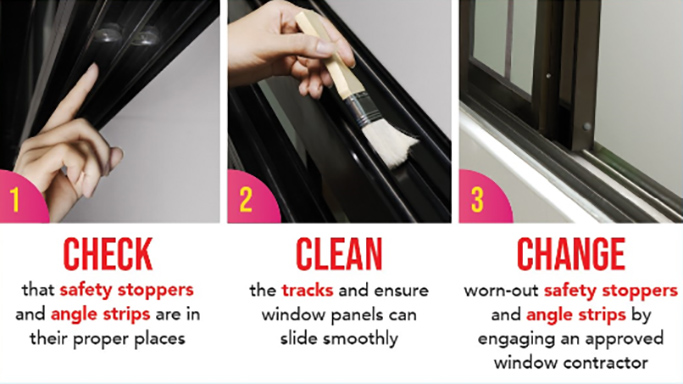
If any repair or replacement is required, homeowners should engage a contractor from the Building and Construction Authority (BCA)’s list of Approved Window Contractors as soon as possible. It is important to ensure that your windows are in good condition, as a fallen window can result in serious injuries to passers-by. Should windows fall due to lack of maintenance, the owner or flat occupant may face a fine up to $10,000 and/or a jail term of up to one year, or both.
Check out this article for more tips on window maintenance.
Spalling Concrete
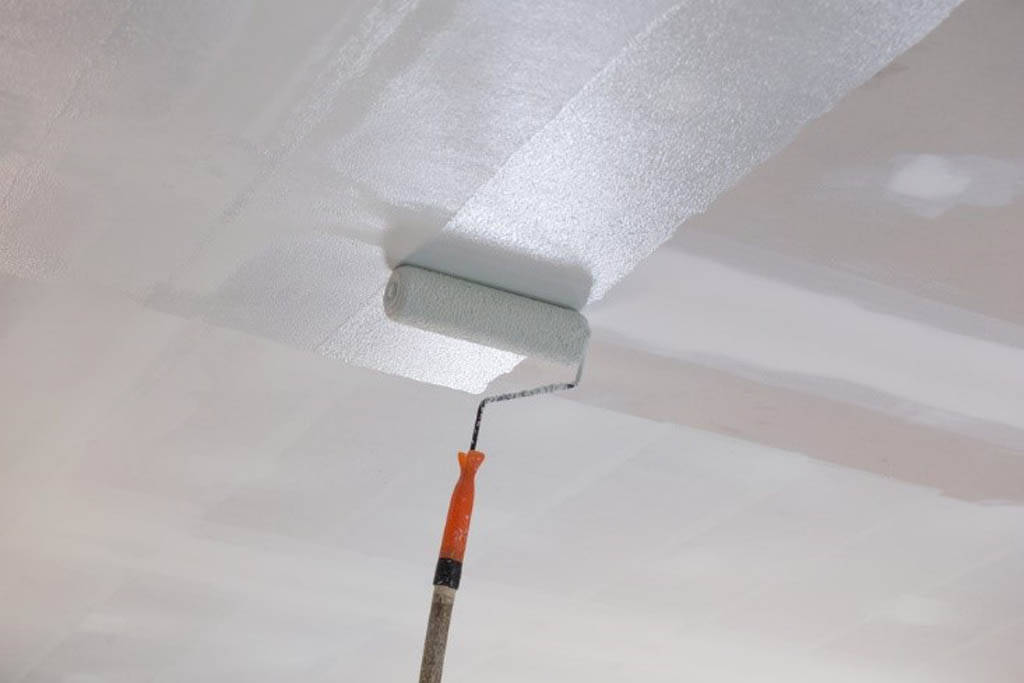
More common in older flats, spalling concrete occurs when steel bars embedded in ceiling go through natural deterioration, causing pieces of concrete cover to fall off. It mostly occurs in bathrooms where high humidity can speed up the deterioration process.
Spalling concrete is usually minor, but can spread to a larger area if left unattended. Spot the issue early and engage a contractor to have it repaired before it becomes a safety hazard.
How can I prevent spalling concrete?
- Repaint your ceilings regularly as a fresh coat of paint can act as a protective layer
- Reduce humidity in wet areas by keeping doors or windows open where possible, to improve ventilation
- Seal up cracks and unused holes that were drilled into the ceiling to prevent moisture from entering the concrete
How can I repair spalling concrete?
- Remove loose spalling concrete
- Engage a professional contractor to get it fixed as soon as possible
Ceiling Leaks
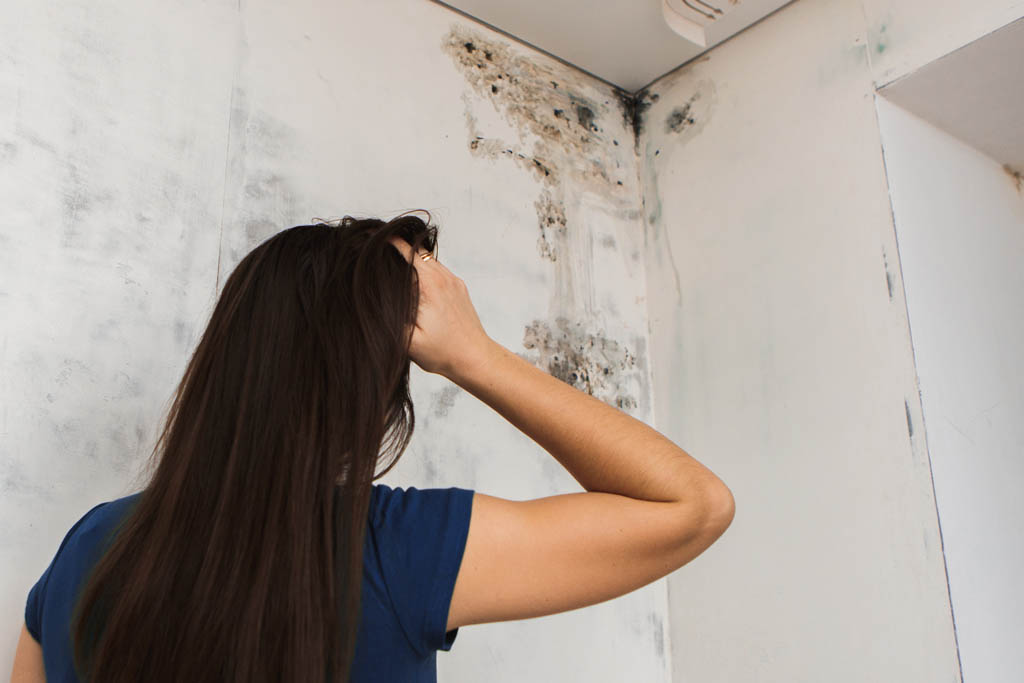
Ceiling leaks are more common in older flats, particularly in wet areas such as bathrooms and toilets. Leaks occur when the waterproof membrane and screed in the floor slab deteriorate due to wear and tear, leading to water seepage. Tell-tale signs of a ceiling leak include water marks or stains that extends from the ceiling along the wall.
How can I repair ceiling leaks?
Homeowners of both the upper and lower floor flat units are responsible for the maintenance of their flats. In the case of ceiling leaks, discuss with your neighbours, arrange for a repair together and split the cost incurred.
If you are living on the top floor, this typically means that leakage came from the roof of the block. You may contact your Town Council to have the leakage rectified. If your unit is on the second floor of the flat and water is leaking from your flat to the void deck of your block, the cost of repair will be split between the Town Council and yourself.
Re-screeding is the recommended repair option for ceiling leaks. This process involves removing the tiles to replace the waterproof membrane and screed. Depending on the situation, certain ceiling leaks may require other methods besides re-screeding for effective repair. You may discuss the best option to resolve the leakage with your contractor.
Dislodged or Popping Tiles
You may have come across images of popping tiles like the one above. Temperature changes or water absorption leads to the expansion or contraction of tiles. As a result, the loss of adhesion between the tiles and screed surface can cause the tiles to be dislodged.
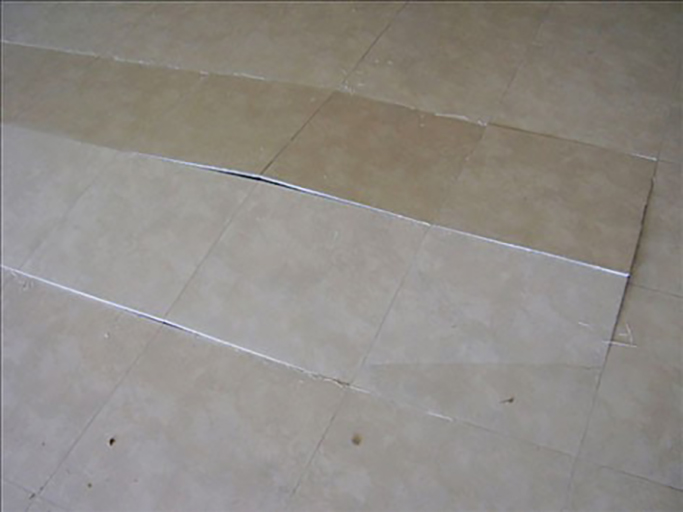
How can I repair dislodged or popping tiles?
If your flat is still within its one-year defect liability period, HDB will help to repair the dislodged tiles that were provided with the flat. HDB also offers additional goodwill repairs for dislodged tiles originally provided by HDB for up to 15 years. If your flat is beyond 15 years, you should engage your own contractors to arrange for repair
While waiting for repair works to begin, keep calm and follow the tips below:
- Wear a glove to remove the dislodged tiles and keep them away in a safe corner
- Cover the affected area with either cardboards/newspapers or carpets
Wall Cracks
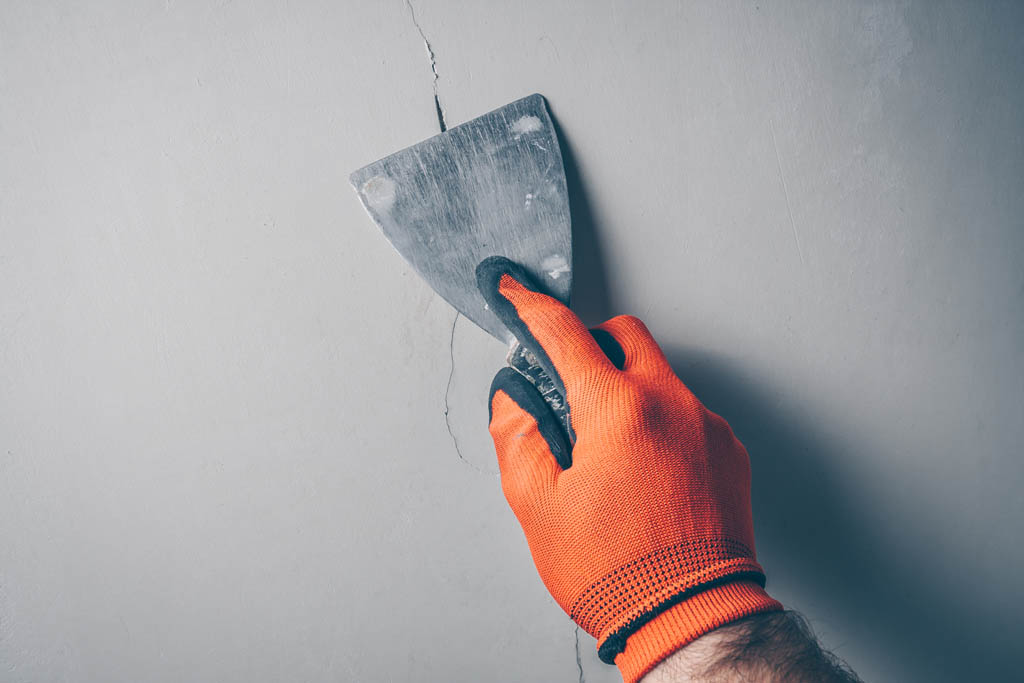
The most common cause for cracked walls is the natural expansion and contraction of the building materials used. Over time, this differential movement could cause cracks to appear in the joints within the wall.
How can I repair a cracked wall?
For hairline cracks, you may seal it simply by painting over the cracks with a flexible sealant or elastomeric paint. If the cracks observed are wide, engage a contractor to carry out the repair works.
If cracks are found outside your flat, you should contact your Town Council to investigate the issue and carry out the necessary repair works.
| General Home Maintenance Tips
1. Regular maintenance helps to prevent issues from deteriorating and becoming a safety hazard that could also be more costly to repair. 2. Set aside a home maintenance budget that you can tap on should the need arises. 3. You may check with your Town Council on issues found in common areas such as corridors, void decks, lifts, water tank, public lighting, and open spaces. 4. For more tips on general home maintenance, check out our other guides and articles on How to Maintian Your Flat. 5. HDB assists to rectify maintenance issues in flats that are within its one-year defect liability period. Beyond that, homeowners are responsible for the general care and maintenance of their flats, including repairs for wear and tear issues. 6. HDB also provides new flat owners with extended warranty for three major defect types: 5 years for ceiling leakages and external seepage, and 10 years for spalling concrete. Note that the warranty for ceiling leak will cease if floor tiles have been changed of if the waterproofing system has been tampered with. 7. For a list of contractors you can engage on your own, visit the HDB InfoWEB. Do note that engagement of these contractors is strictly on a private basis. |
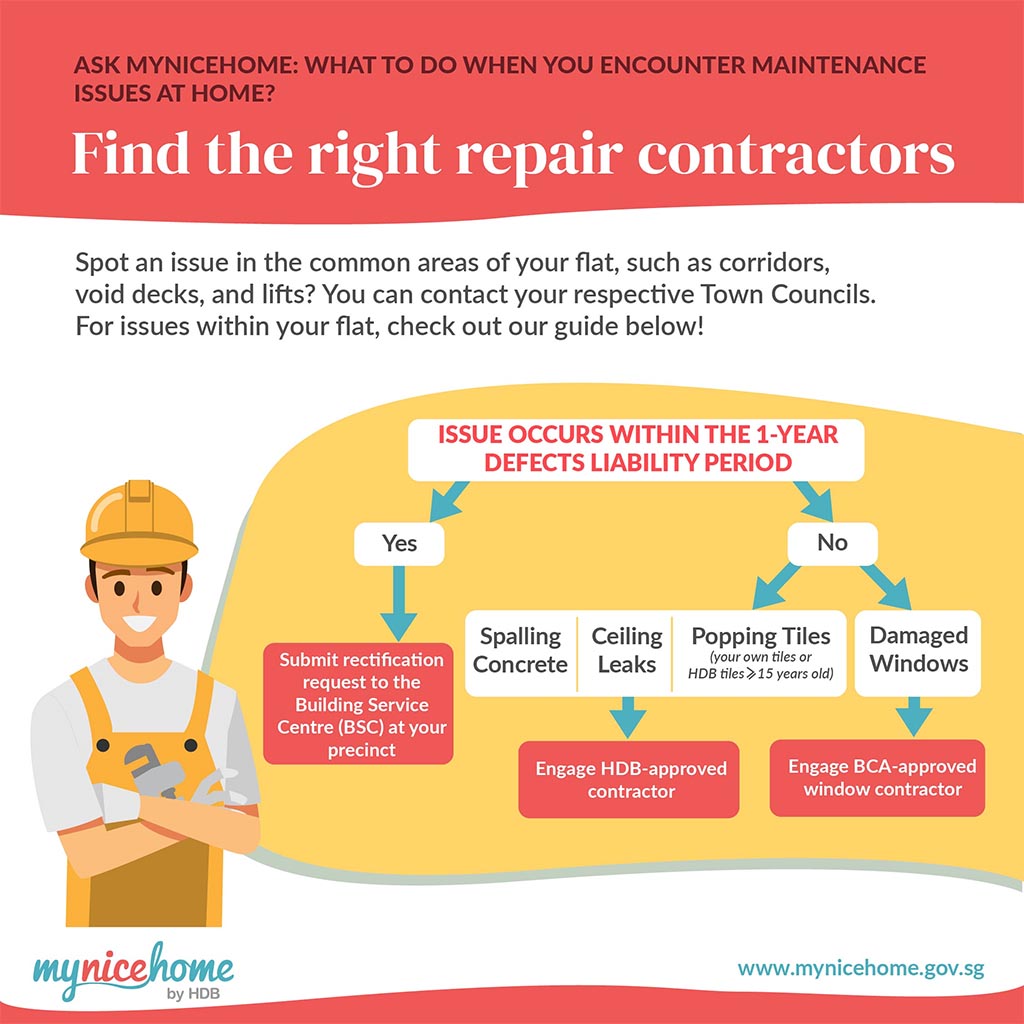
Source: mynicehome.gov.sg

